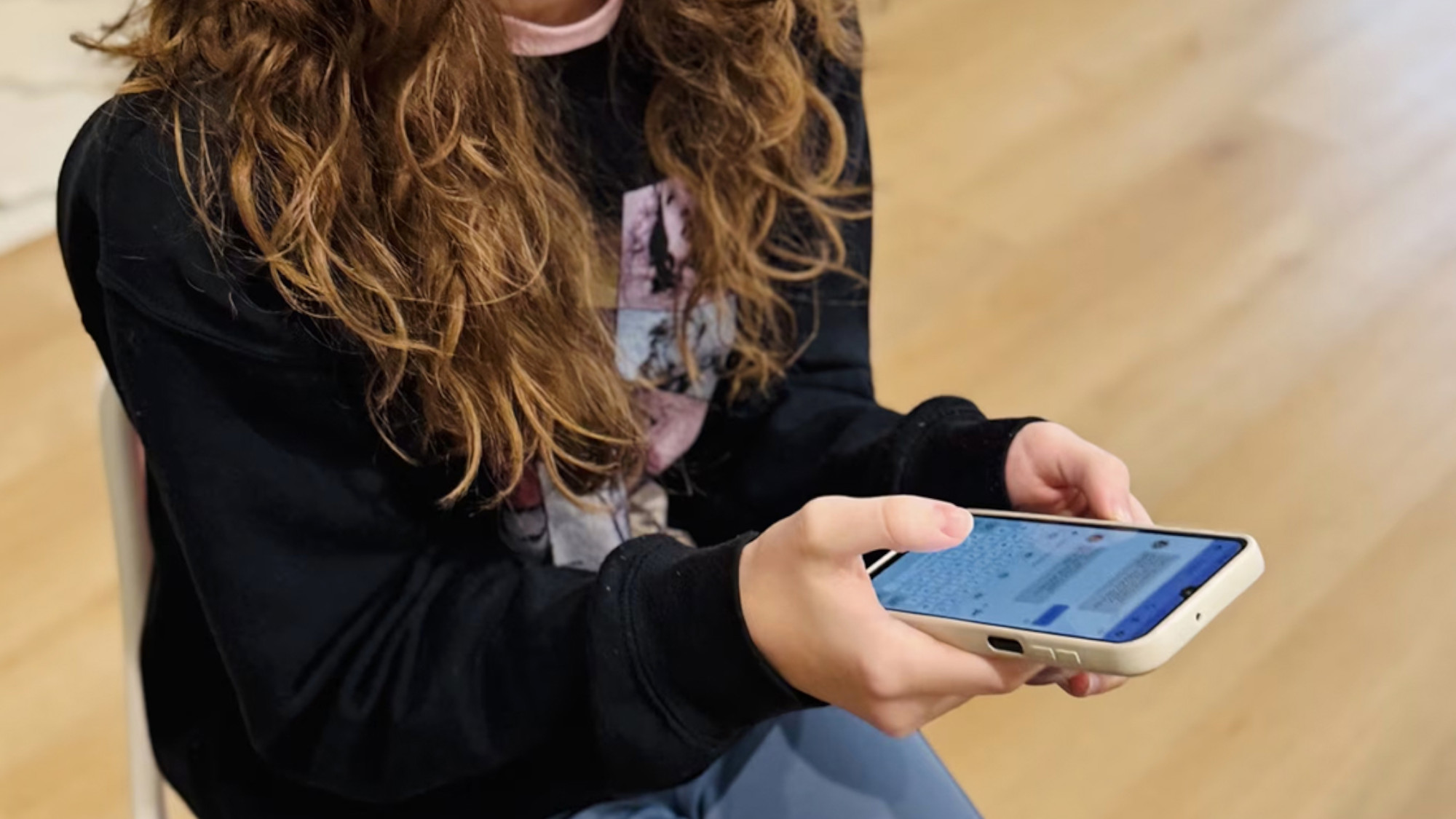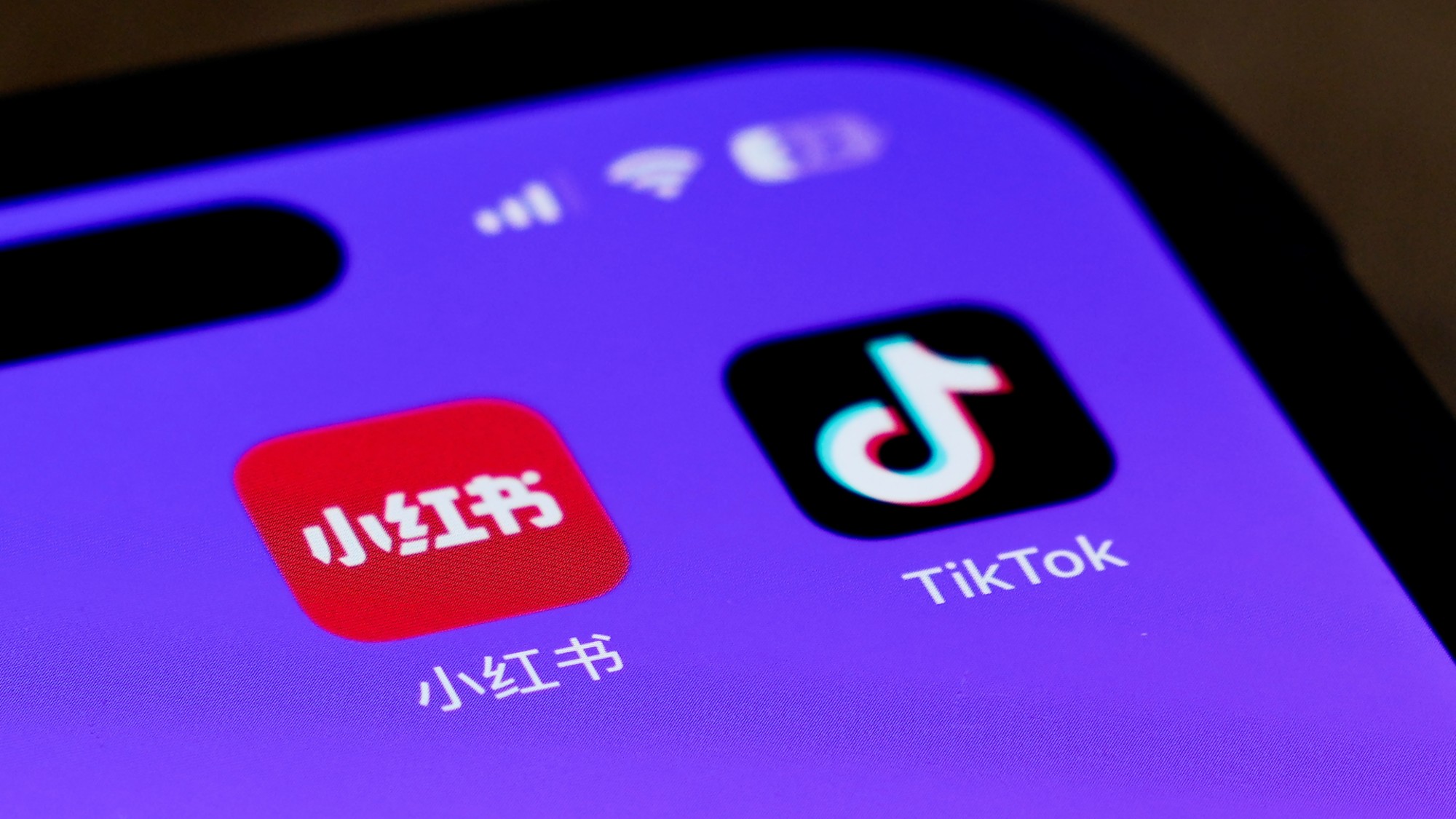Five ways to combat information overload
Here are The Week's top tips for coping with the stress and strain of the 21st century

A free daily email with the biggest news stories of the day – and the best features from TheWeek.com
You are now subscribed
Your newsletter sign-up was successful
Overflowing inboxes, frequent smartphone alerts and the constant distraction of social media: we are bombarded with more information in the digital age than we ever have been before. As the technology changes, so we need to change the way we use it – if we want to stay productive.
Here are The Week’s five tips for coping with information overload.
1. Do one thing at a time
The Week
Escape your echo chamber. Get the facts behind the news, plus analysis from multiple perspectives.

Sign up for The Week's Free Newsletters
From our morning news briefing to a weekly Good News Newsletter, get the best of The Week delivered directly to your inbox.
From our morning news briefing to a weekly Good News Newsletter, get the best of The Week delivered directly to your inbox.
Forget about multitasking and rediscover the benefits of deep concentration. The problem with multitasking is that it “costs” you, according to Forbes. The magazine says each time you switch to another task, there are small decisions to make – for instance, whether to communicate via text or email – and each of these insignificant queries uses up “oxygenated glucose, the very fuel you need to focus on a task”.
Switching between several tasks can make you “exhausted, disoriented and anxious”, says Forbes, quoting the work of psychology professor Daniel Levitin of McGill University, who says it is better to focus on one task for a longer period because that uses less energy and “reduces the brain’s need for glucose”.
2. Focus on quality
More of the wrong information won’t make you better informed; spending more time at work won’t make you more efficient; doing more won’t necessarily make you happier.
A free daily email with the biggest news stories of the day – and the best features from TheWeek.com
In his wellbeing column in The Guardian, Oliver Burkeman suggests using an email filter to sort messages into “important” and “everything else” - such as the integral version in Google’s Gmail. He says his friends use the feature to completely ignore the less important emails, focusing on high quality items that really matter. Burkeman also says he tries to reply to all personal emails – but does not worry about direct Twittter messages.
3. Turn off notifications.
You don’t need to know everything immediately. Writing on the Huffington Post, author Sarah Peterson argues that information is like spinach: yes, it’s good for you – but not if you eat too much. She advises: “”top taking in any piece of information and material you can get your hands on.”
A good first step is to turn off notifications on your phone – and, instead, check email or messages regularly during the day, putting yourself in control of the data. That doesn’t have to mean stopping every app from notifying of you new content: it could be a good idea to turn off email notifications but leave instant messaging, for instance.
4. Eat the frog
Get unpleasant tasks out of the way first, so you don’t spend all day worrying about the email that you don’t want to write. Writing on Australian news site News.co.au, entrepreneur Shivani Gopal advises small business owners to become more productive by doing exactly that. She says: “You’ve got to do the hardest things first and you’ve got to do it in the morning. I call it ‘eating the frog’.”
Levitin says: “Important decisions should be made at the beginning of the day, when gumption and glucose is highest. If you eat a frog first thing in the morning, the rest of the day goes better.”
5. Set aside time for the things you enjoy
Switch off your phone, let your mind run free and connect with your friends, your family or yourself. Levitin says stopping work to listen to music every couple of hours can improve efficiency – something which might surprise many managers.
In fact, argues Levitin, any sort of break – perhaps a nap or a walk around the block – can improve efficiency by allowing a part of the brain called the insula to reset. A 15-minute snooze could increase effective IQ by 10 points, he claims.

-
 The week’s best photos
The week’s best photosIn Pictures An explosive meal, a carnival of joy, and more
-
 The ‘ravenous’ demand for Cornish minerals
The ‘ravenous’ demand for Cornish mineralsUnder the Radar Growing need for critical minerals to power tech has intensified ‘appetite’ for lithium, which could be a ‘huge boon’ for local economy
-
 Why are election experts taking Trump’s midterm threats seriously?
Why are election experts taking Trump’s midterm threats seriously?IN THE SPOTLIGHT As the president muses about polling place deployments and a centralized electoral system aimed at one-party control, lawmakers are taking this administration at its word
-
 Will AI kill the smartphone?
Will AI kill the smartphone?In The Spotlight OpenAI and Meta want to unseat the ‘Lennon and McCartney’ of the gadget era
-
 The dark side of how kids are using AI
The dark side of how kids are using AIUnder the Radar Chatbots have become places where children ‘talk about violence, explore romantic or sexual roleplay, and seek advice when no adult is watching’
-
 Spiralism is the new cult AI users are falling into
Spiralism is the new cult AI users are falling intoUnder the radar Technology is taking a turn
-
 Your therapist, the chatbot
Your therapist, the chatbotFeature Americans are increasingly turning to artificial intelligence for mental health support. Is that sensible?
-
 Broken brains: The social price of digital life
Broken brains: The social price of digital lifeFeature A new study shows that smartphones and streaming services may be fueling a sharp decline in responsibility and reliability in adults
-
 ChatGPT psychosis: AI chatbots are leading some to mental health crises
ChatGPT psychosis: AI chatbots are leading some to mental health crisesThe explainer The technology may be fueling delusions
-
 How might AI chatbots replace mental health therapists?
How might AI chatbots replace mental health therapists?Today's Big Question Clients form 'strong relationships' with tech
-
 TikTok alternatives surge in popularity as app ban looms
TikTok alternatives surge in popularity as app ban loomsThe Explainer TikTok might be prohibited from app stores in the United States